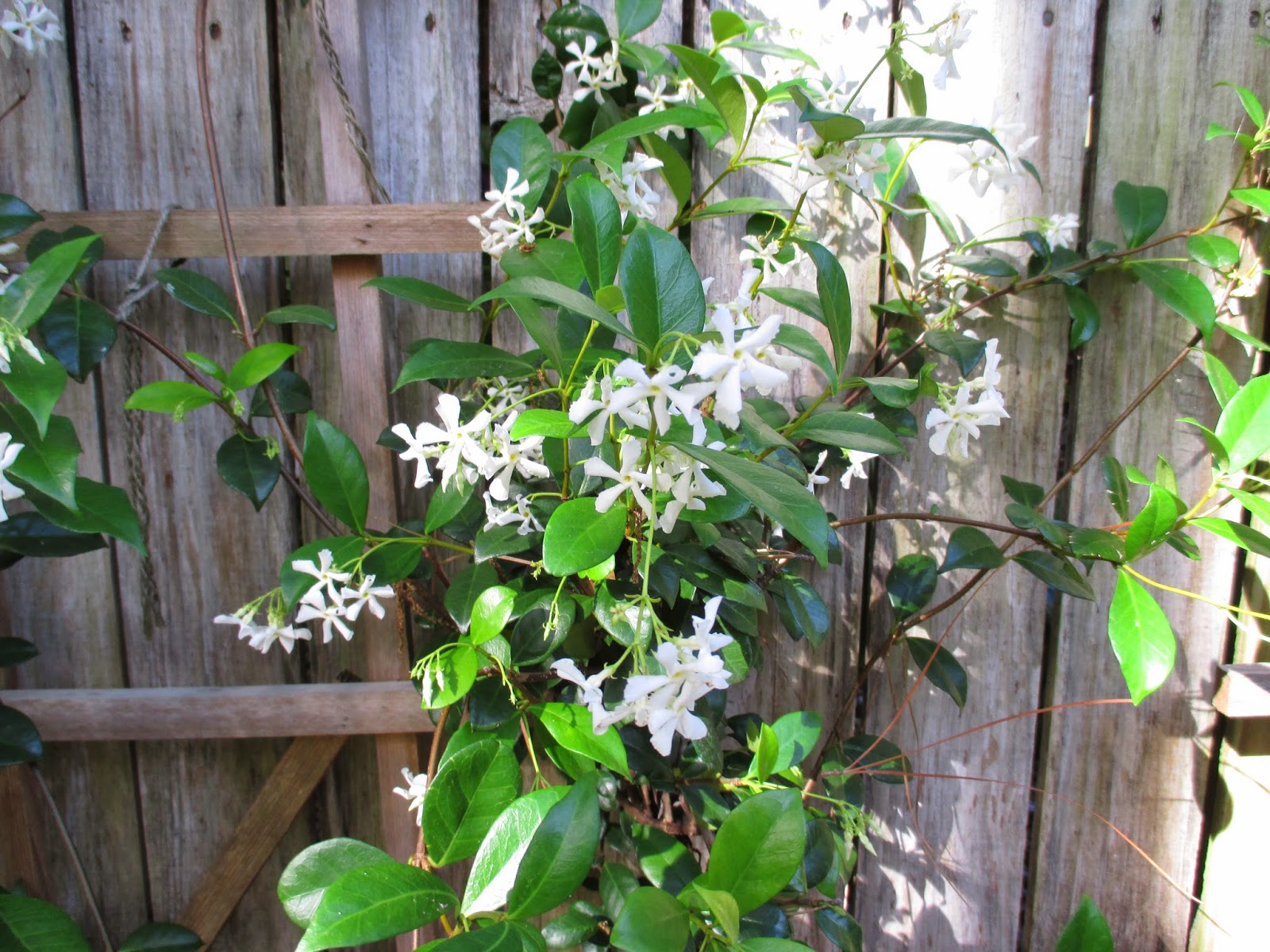I’m one of those
people who makes New Year’s resolutions. My old standard, eating healthy and
losing weight, usually falls off before the end of the first week. I’m
consistent, if nothing else.
This year I switched things up a bit. I definitely wanted to promise myself I’d write every day, and
I have. Good for me, and good for the progress of the book. I found that the
more time I spend with my characters the better I get to know them. That and
the fact of daily work helps move the story forward. You can’t go back if you’re
constantly striving forward.
I also resolved to
read at least six Pulitzer Prize-winning novels in 2016. I really have no idea
where this one came from, except that I wanted to shake up my TBR pile. While
searching online for a book on the history of the Prize I came across Josephine
Johnson’s Now In November (1935) and decided on a whim to make it my first
selection.
Sometimes I read a
prize winning book and wonder why it won an award but Now In November completely
knocked me out. The story of a Depression-era farm family, it’s the story of
love, loss and the destruction of a family and in a sense, a way of life. The
prose is exquisite, moving and lyrical. The characterizations were amazing. Here is the book's opening paragraph:
Now
in November I can see our years as a whole. This autumn is both an end and a
beginning to our lives, and those days which seemed confused with the blur of
all things too near and too familiar are clear and strange now. It has been a
long year, longer and more full of meaning than all those ten years that went
before it. There were nights when I felt that we were moving toward some awful
and hopeless hour, but when that hour came it was broken up and confused
because we were too near, and I did not even quite realize that it had come.
I have only ever
heard about the Depression from the point of view of city dwellers and to be so
immersed in the life of a farm community was illuminating—-and heart-breaking. As
they say in the reviews, “highly recommended.”
Up next: Willa
Cather’s One of Us.
Keep writing,
Karen



